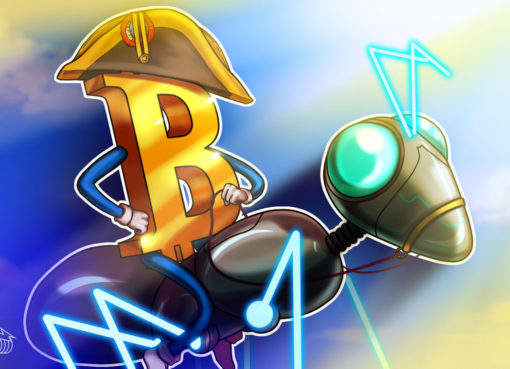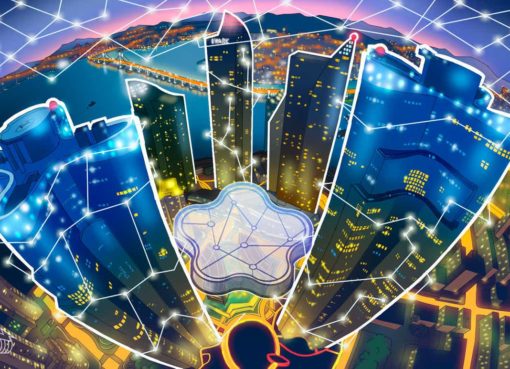The problem with Bitcoin, historically, is that it has been a tool purely for speculatory purposes, with no real value or utility behind it. However, all that is changing as RSK gives real world utility to the Bitcoin blockchain.
Investing in cryptos is especially dumbfounding for investors these days. As Elon Musk manages to move mountains in the crypto sphere with a few single words, investors don’t know where to turn next. Those in the know though are investing purely in tokens, with quality protocols or projects behind them that are able to solve real-world problems.
Ehtereum for instance, comes with its own set of flaws, but it has made the blockchain a place where decentralized finance apps and NFT marketplaces can sit and function. Notably Ethereum’s performance is sluggish, its gas fees are off the charts and Ethereum is desperately trying to fix that with its Eth2.0.
But what about Bitcoin? On the face of it, the chain is useless apart from being able to mint new Bitcoin’s. And the lure of that is disappearing along with the mining rewards every 4 years.
Meanwhile, RSK is a side chain that is breathing new life into Bitcoin. RSK is able to interact with Layer 1 chains like Ethereum and Bitcoin. It is supported by Bitcoin but fully compatible with the Ethereum Virtual Machine (EVM). It offers a comfortable space for apps, marketplaces and transactions which are fast, energy-efficient and transferable between the RSK chain and the Layer 1 chains it bridges to.
RSK has a multitude of use cases which include such far-flung projects such as charity donation platforms like BitGive, democratized finance platforms like SeSocio, decentralized insurance like 88i, gaming platforms, government technology and plenty more besides.
Let’s take a look at some of the most interesting RSK-based use cases here:
NFT Marketplace
Coinsilium is building the first-ever NFT marketplace to sit on the RSK network. Like other marketplaces, it will host categories like Digital art, music, gaming and metaverse assets like avatars, and parcels of land.
It will enable much more cost-effective and energy-efficient minting of NFTs, which can be then transitioned from RSK blockchain NFTs to other standard NFTs like the Ethereum ERC721 standard. The protocol will feature a minter, a gallery for viewing digital art and an exchange for trading NFTs or other RSK-based tokens such as the RBTC, the redeemable stablecoin which is pegged against Bitcoin, governance tokens like MOC and Dollar on Chian stablecoins (DOC)
RSK-Based Tokens
DAI is one of the most popular stablecoins, which is always pegged against the USD. RSK hosts the rDAI, which is the redeemable DAI that sits on the RSK network rather than Ethereum. This makes it cheaper and faster to mint, cheaper to transact and it can easily be transitioned to Ethereum and back again when need be.
RSK also hosts the redeemable Bitcoin as RBTC and other practical tokens. Currently, it has approximately 1,400 BTC locked up on the network, representing approximately $86.3 million in USD value.
Finally, MoneyOnChain (MOC) is also RSK-based and it merges a BTC collateralized stablecoin with an interest-bearing token for those holding Bitcoin. The goal of MOC is to solve the problem of volatility in the market.
DeFi on Bitcoin
RSK hosts decentralized finance apps like Sovryn, which has given both this chain and Bitcoin itself a real boost forwards in terms of utility. Sovryn is a DeFI protocol that allows users to trade Bitcoin using leverage, and to earn a passive income by lending their BTC and providing liquidity to the market.
So while investors are struggling to decide whether to buy or sell Bitcoin or Doge, we are urging them to look deeper. Find the real world usage of a project and then invest in your own belief system.




